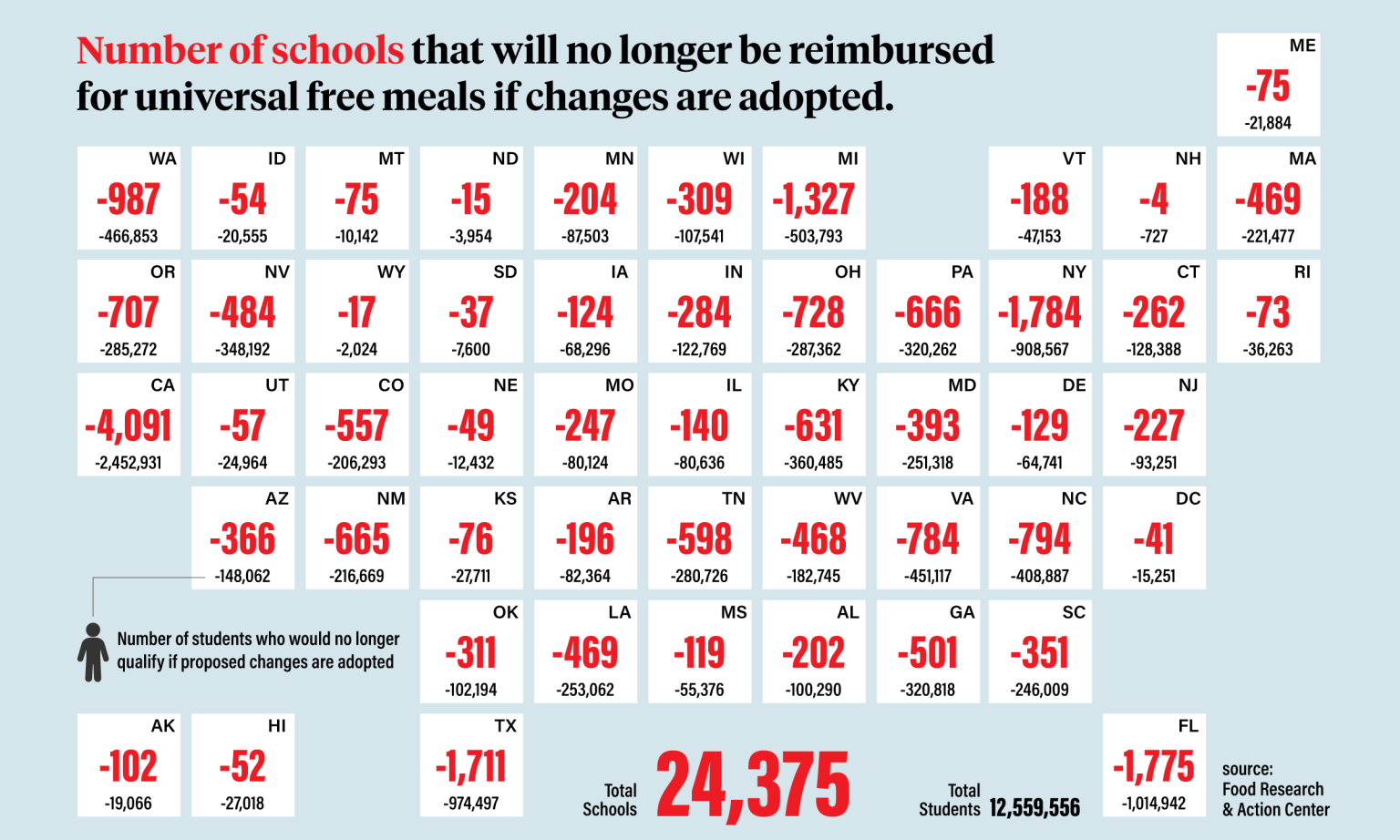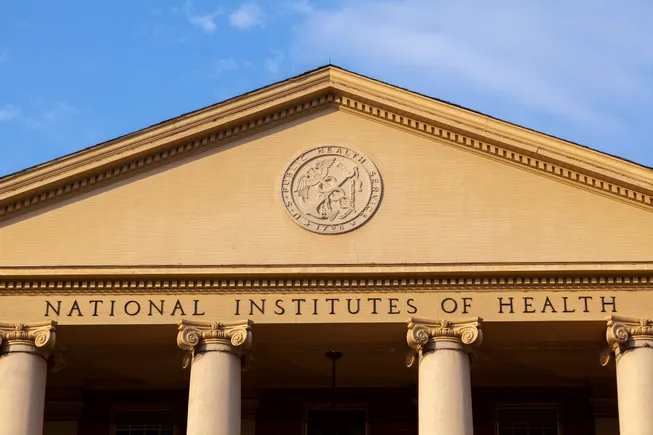Panelists:
Dr. Michael Eric Dyson, Distinguished Professor, Vanderbilt University
Dr. Christina Greer, Associate Professor, Fordham University,
Dr. Annette Gordon Reed, Professor, Harvard University
Natasha S. Alford, SVP, The Grio.
The 2025 National Action Network (NAN) Convention continues to be a clarion call for justice, strategy, and truth-telling. In a climate where DEI (Diversity, Equity, and Inclusion) is being vilified, this year’s panels didn’t hold back. Amid attacks on civil rights, public education, and academic freedom, one of the most critical conversations came from a powerful panel of scholars and journalists who delivered an unflinching perspective on the state of DEI in higher education and beyond.
As states roll back DEI programs and silence academic voices, these experts stood firm and affirmed that this is not simply a political moment—it’s a moral crisis.
The War on DEI: A Strategic, Anti-Black Attack  Pam McElvane
Pam McElvane
Panelists opened with a clear message: what’s happening now is not new—it’s a rebranding of old tactics. As one professor framed it, “We are the canaries in the coal mine.” The dismantling of DEI isn’t isolated, it’s a warning of broader regression.
They urged us to stop abbreviating “DEI.” Say the words: Diversity, Equity, and Inclusion. The administration’s weaponization of the acronym has become a strategic assault to reassert white supremacy, particularly that of white male dominance. What we are witnessing, they said, is anti-Black racism cloaked in policy and politics.
This is not a slip or misunderstanding—it is a calculated dismantling of progress.
The Media and the Misuse of “Woke”
Journalist Natasha Alford shared how mainstream media has failed to accurately report the DEI backlash. “They took our word—woke—and twisted it into something divisive and dangerous,” she said. The original term was meant to empower and enlighten people of color, yet now it’s used as a slur to silence those demanding equity.
She called out the need for media literacy among our youth, who are often misled or confused about what’s true. “We must leverage today’s information cycles to educate, not manipulate,” Alford said. Following Black media outlets that tell the truth—like The Grio, Roland Martin Unfiltered, and others—is critical to staying grounded in reality.
DEI is About Competition—and They Don’t Want That
Dr. Michael Eric Dyson laid the issue bare: Diversity forces competition, and some in power are unwilling to compete. “When America wants to segregate again, it’s because it longs for a time when it didn’t have to compete with us,” he declared.
He challenged not only the far right but also white liberals who remain silent, excusing their inaction. “Diversity is what makes America what it is. Equity means recognizing that not everyone starts in the same place. Inclusion means everyone belongs,” he said. And we must beware of the temptation to accept compromises or “payoffs” from those who ultimately seek to suppress our progress.
Collateral Damage: The Loss of Intellectual and Scientific Power
Beyond social issues, this anti-DEI movement threatens the entire intellectual infrastructure of the nation. The cancellation of Pell Grants and threats to federal funding for universities that support DEI policies don’t just impact Black communities—they hurt poor and working-class white students too.
Researchers—some of the greatest minds of our time—are losing funding, careers, and platforms. “We’re watching the dismantling of the very fabric that holds America’s innovation and academic leadership together,” one professor warned.
What Do We Do Now? Marching Orders for the Movement
The panel didn’t just offer critique—they offered marching orders:
- Invest in Black institutions, including churches and Historically Black Colleges and Universities (HBCUs), that are doing the work.
- Raise your voice. Universities must return to being incubators for critical thought and independent minds.
- Educate our children at home. If public schools are being silenced, churches and families must step in.
- Support leaders who support us—vote with intention and integrity.
- Read—daily. Even just 15 minutes of truth can change your perspective and fuel your power.
They reminded us that history holds the answers: “We’ve already come through what we’ve been through,” one speaker said. We were once outlawed from reading, yet we learned to read in secret and built institutions that shaped this country. We must now read, remember, and reclaim our narrative.
A Final Word: This Is the Time to Fight
“Welcome, white America, to the Black experience,” one professor said, poignantly summing up this moment. As this administration strips away rights, rewrites history, and silences voices, it’s more important than ever to stand on truth.
This isn’t the end—it’s the beginning of a new resistance. And we must fight not just to be seen or heard—but to lead.
Pam McElvane is the CEO & Publisher of Diversity MBA Media.














